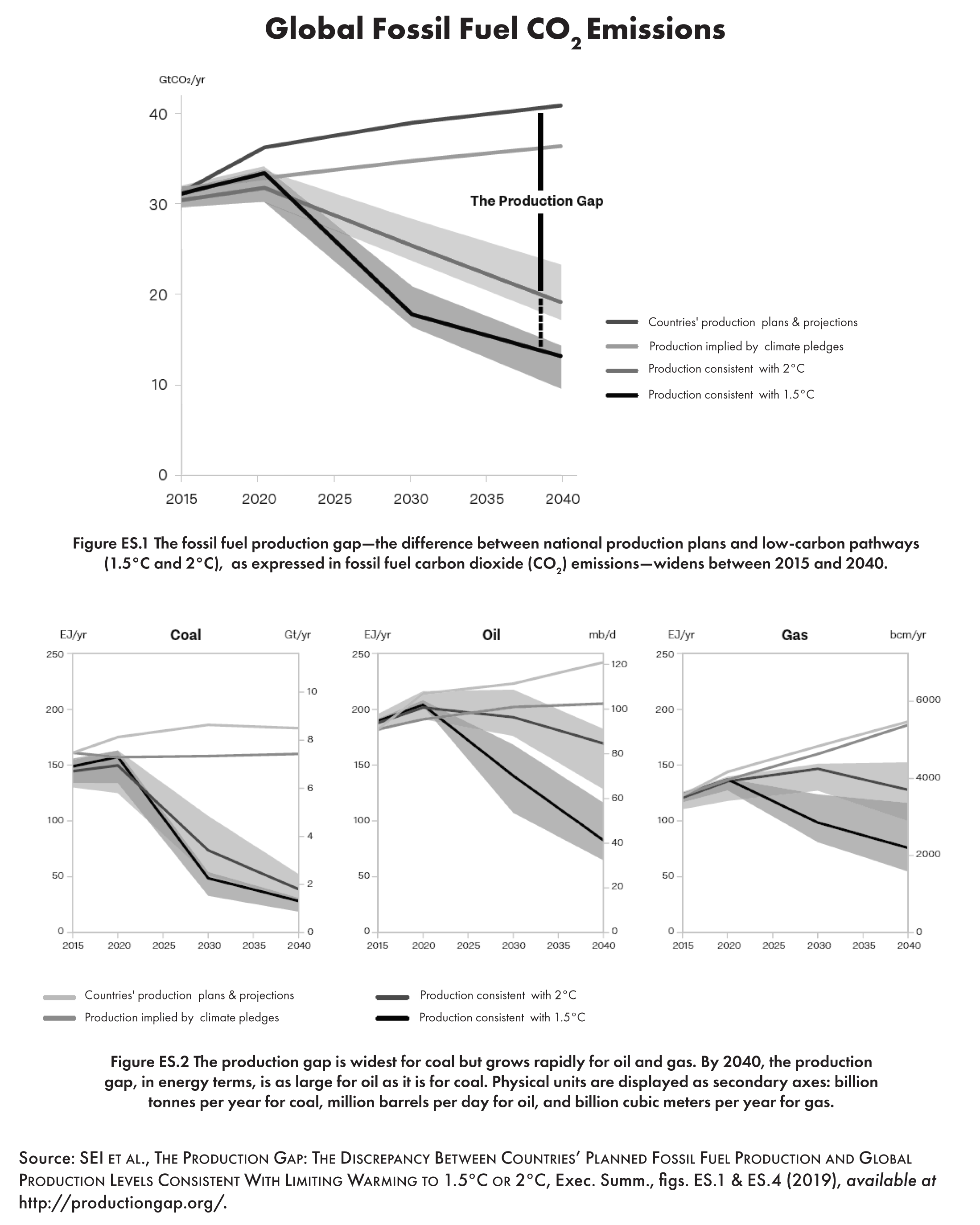Beyond Words
H.R. 5977
would direct the Secretary of Transportation to seek to enter into an agreement with the National Academies of Sciences, Engineering, and Medicine to conduct a study on climate change mitigation efforts with respect to the civil aviation and aerospace industries.
H.R. 5865
would advance technologies for carbon capture, utilization, and storage.
H.R. 5864
would establish and support the research, development, and demonstration of advanced carbon capture and utilization technologies at DOE.
H.R. 5861
would address the impact of climate change on agriculture.
S. 3269
would set and meet a national goal of net-zero greenhouse gas emissions by no later than 2050.
H.R. 4737
which would amend the Homeland Security Act of 2002 to require the Under Secretary for Science and Technology of the Department of Homeland Security to research and evaluate existing federal research regarding approaches to mitigate climate change on homeland security to identify areas for further research within the Department, and research and develop approaches to mitigate the consequences of climate change on homeland security, was passed by the House.
H.R. 5709
would require the Comptroller General to evaluate and issue a report on the structural and economic impacts of climate resiliency at FEMA, including recommendations on how to improve the building codes and standards that the agency uses to prepare for climate change and address resiliency in housing, public buildings, and infrastructure such as roads and bridges.
Climate Change and the Role of Emerging Economies
The principles of “common but differentiated responsibility” (CBDR) and sustainable development play an integral role in international environmental law. However, these principles have come under fire in recent years, particularly from the global North, which has grown impatient over the lack of contribution on climate change from the emerging economies. Much effort has been expended toward the establishment of greater contribution, and the shouldering of greater responsibility from these countries. This Comment seeks to analyze principles of CBDR and sustainable development, two central pillars upon which international climate change law and policy have developed, and to identify the reasons for the present discontent of the global North over the obligations of emerging economies. It also seeks to establish a basis for a new interpretation of the principle of CBDR to assist the forward march of global climate change negotiations.
Democracy Defense as Climate Change Law
In 1990, when the Clean Air Act (CAA) was last substantially amended, atmospheric carbon dioxide levels stood at about 350 parts per million (ppm). Now they are close to 414 ppm, and the U.S. Congress has not amended the CAA despite broad public support for action.The law of democracy and the law of climate change are fundamentally intertwined: how politics and law will be able to adjust to the future turns on who decides the law, and so on the health of our democracy. So far, the prognosis is mixed: a vital protest movement, active state responses, and growing economic pressure for action are balanced against powerful political actors seeking stasis and a sclerotic jurisprudence that limits democratic responsiveness. This Comment discusses the ways inequities in climate change risk and in democratic representation mirror each other, addresses the U.S. Supreme Court’s inconsistent and unhelpful jurisprudence on democracy and agency action and how it tends to reinforce this crisis of democracy, suggests alternate theories of judicial action that would better reinforce democratic responsiveness, and reflects on a broadened conceptual framework for climate law—as a legal framework fundamentally concerned with preserving equity and democracy in the face of climate change, and as a foundation for climate action.
You must be an ELI Member to access the full content.
You are not logged in. To access this content:


